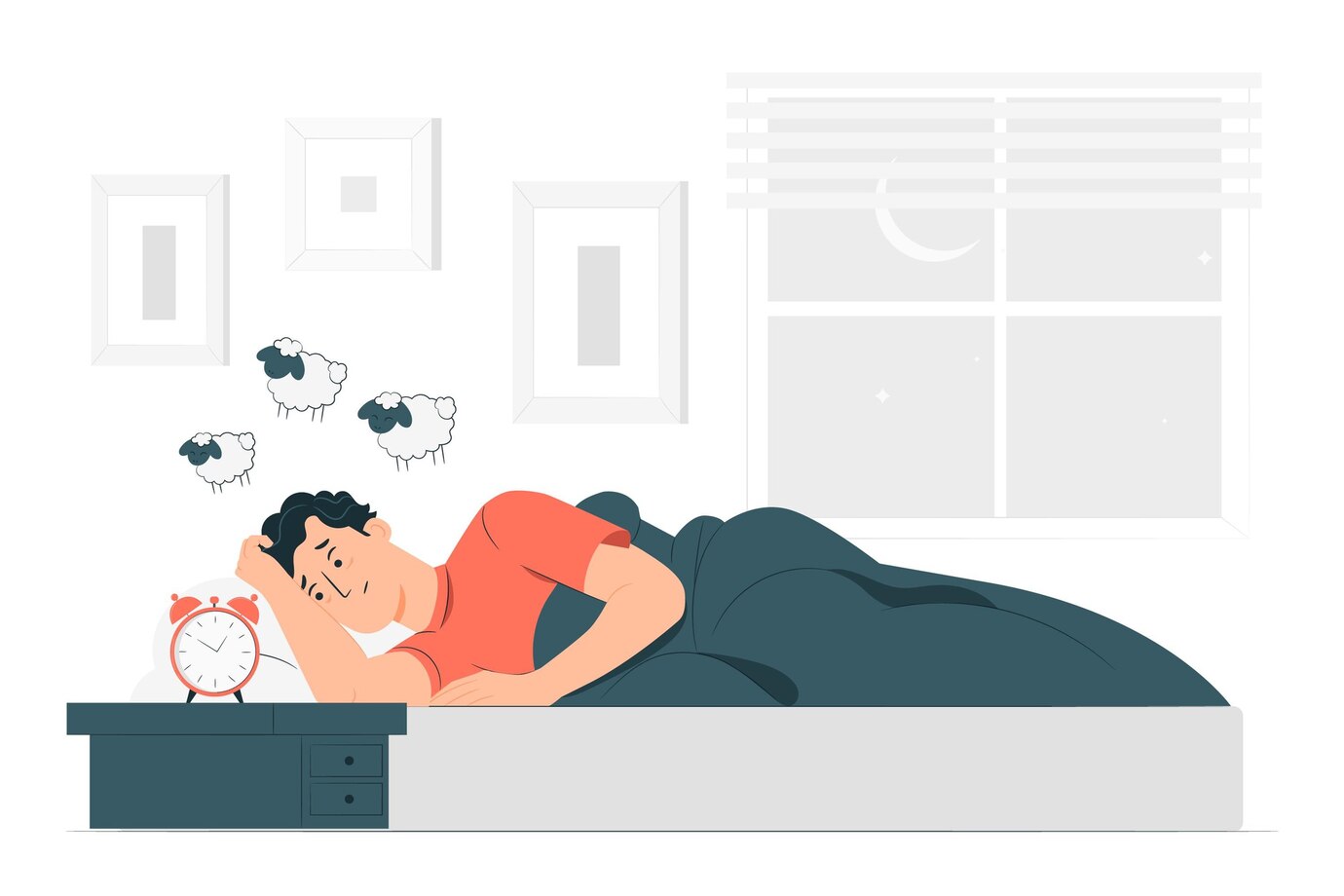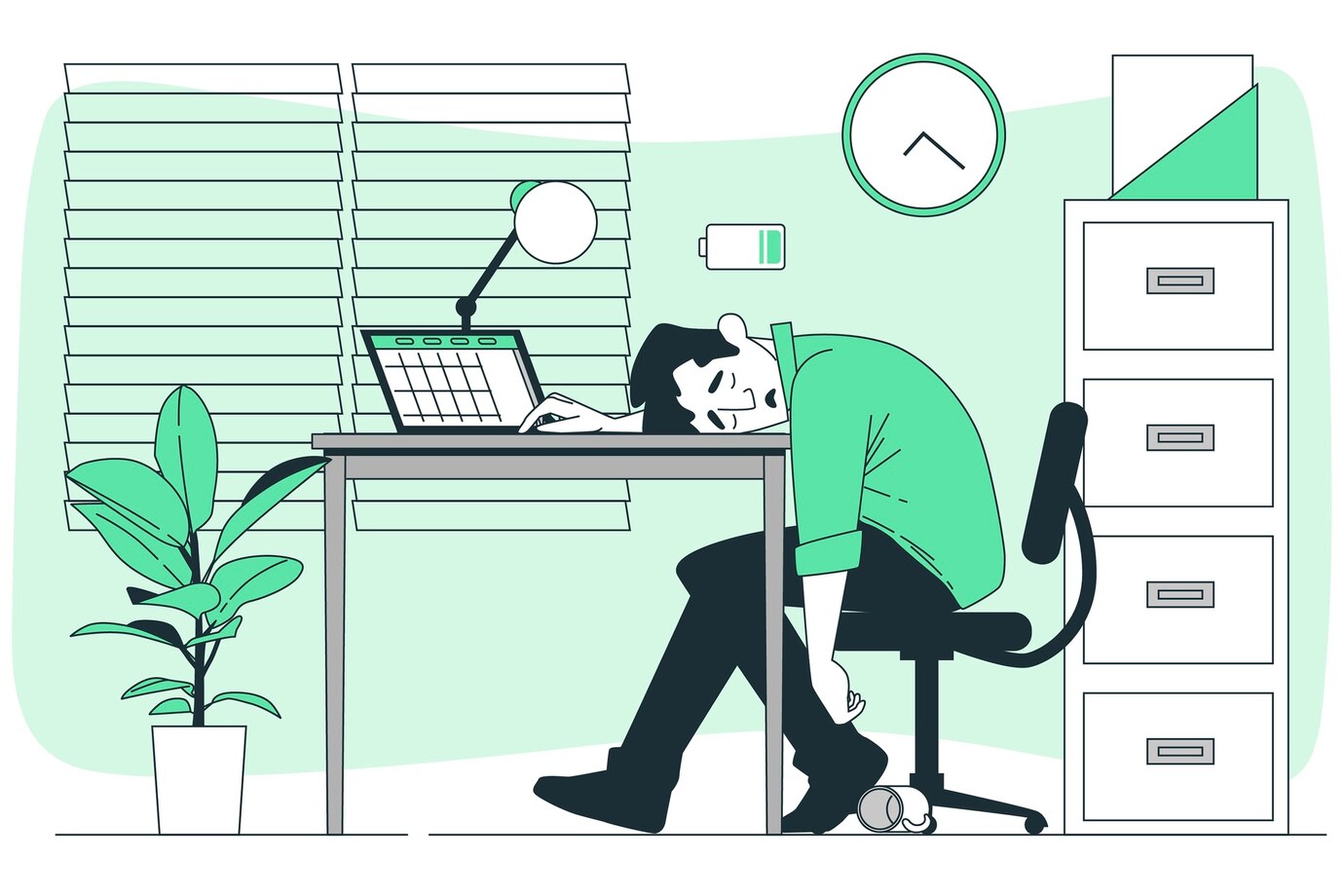By Nikolina Koulouri,
Nowadays, it’s easy to forget the ‘’price’’ we pay for our constant connection. The buzz of notifications and the endless stream of information have become the backdrop to our daily existence. But with every scroll or click, something else is quietly happening, without us noticing, and that is what is named as digital fatigue.
Unlike the traditional forms of physical exhaustion that come from exerting our bodies, digital fatigue leaves us mentally drained and disconnected from our surroundings. This situation has evolved as a result of our increasingly digital lives.
This problem doesn’t simply arise from spending too many hours in front of screens. What makes it different from regular exhaustion is its psychological result. It is described as an insidious feeling of disconnection, overstimulation, and a deep sense of being tired but not knowing why. The term “digital fatigue” is often associated with feelings of being mentally exhausted after a long day at work, particularly when that work is conducted on a screen.

One of the most significant effects of excessive screen use is on our cognitive functioning. Humans have evolved to operate in environments that do not demand constant multitasking. Our brains are wired to focus deeply on one task at a time, but the digital age has created an environment that is precisely the opposite. Our everyday life makes it nearly impossible to experience sustained periods of concentration.
Because our brains are constantly interrupted by digital notifications, they are unable to focus on one thing for long periods. This constant switching between tasks may seem to be productive but it eventually evolves in draining. Moreover, the human brain’s ability to store and process information efficiently can be overwhelmed by the never ending volume of digital content we consume daily.
Also, it is widely known that the pressure to be responsive leads to a burden of our mental health. The need to stay connected to everyone is exhausting. Platforms like Tiktok or Instagram are designed to be highly engaging, but they also create a culture of comparison. The exposure to idealized versions of reality can raise feelings of inadequacy and isolation. Furthermore, the digital world can amplify emotional reactions, especially when it comes to negative news or online conflicts. The immediate, often overwhelming responses that are prompted by online interactions can leave us emotionally drained.
Another hidden consequence of digital fatigue is its impact on sleep. While most people are aware that excessive screen time before bed can interfere with sleep due to the blue light emitted by devices, in reality it is not that simple. When we spend our evenings scrolling through social media or watching an intense show, our brains are constantly processing information. Even if we eventually put our phones down, our minds often remain active, replaying what we’ve seen or read throughout the day.

Are there ways to minimize digital fatigue? Yes of course there are, but it’s not about eliminating screens entirely, but about creating space for disconnection.
It is really important to embrace mindful technology use instead of mindlessly scrolling through apps or binge-watching videos. We should try to be more careful with how we use this digital life. Taking regular breaks from screens, whether it’s a few hours on the weekend or on a weekday, can allow the mind and body to recover. Also, physical activity can serve as a powerful response to digital exhaustion. It provides a mental reset, helps release built-up tension, and nurtures overall well-being.
Digital fatigue is something we are not used to since it is a modern day affliction, shaped by the demands of an always-on, always-connected world. It affects not only our cognitive functions but also our emotional resilience, physical well-being, and quality of sleep. But it’s important for every single person to remember that while the digital age presents many challenges, no one is safe from its effects.
By setting boundaries, practicing mindfulness, and embracing the need for regular breaks, we can regain control over our relationship with technology, and moreover to ourselves. In doing so, we can protect our mental health, reclaim our focus, and find balance in a world that is increasingly influenced by all types of screens.
References
- What Is Digital Fatigue, Why It Matters, and How to Fight It. Haiilo. Available here
- Digital life often delivers daily benefits but can also fuel tech fatigue and well-being worries. Deloitte Insight. Available here
- Fighting Digital Fatigue. Psychology Today. Available here




